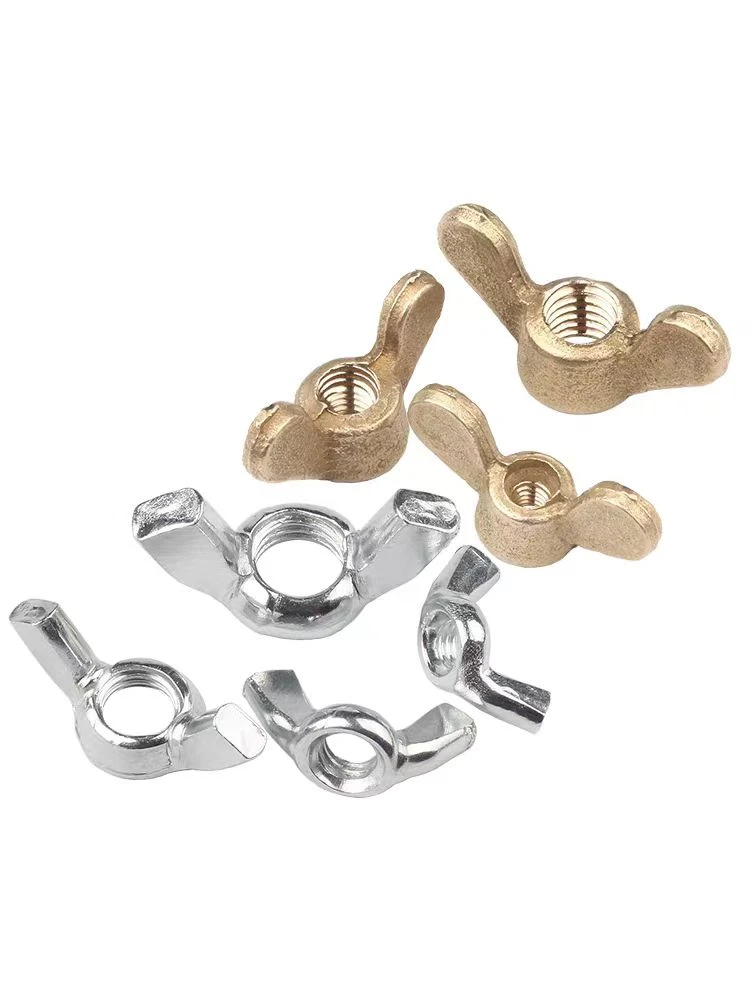

small self drilling screws
Nov . 15, 2024 13:17 Back to list
small self drilling screws
The Versatility of Small Self-Drilling Screws A Comprehensive Overview
Small self-drilling screws are highly effective fasteners designed for a variety of construction, repair, and assembly tasks. Their unique design allows them to drill their own hole as they are driven into materials, making them an invaluable tool in both professional and DIY projects. This article explores the features, applications, advantages, and considerations when using small self-drilling screws.
Understanding Small Self-Drilling Screws
Self-drilling screws, also known as Tek screws, are characterized by their sharp, drill-like points that can penetrate materials without the need for pre-drilling. These screws are typically made of hardened steel, which ensures that they can withstand significant force without snapping. Their design includes threads that extend down the shaft, allowing for secure anchoring in various substrates, including wood, metal, and plastic.
Applications
The versatility of small self-drilling screws makes them suitable for various applications
. They are commonly used in1. Metal Fabrication These screws are ideal for joining metal sheets and structures, such as in the automotive and construction industries. Their ability to penetrate metals without pre-drilling saves time and labor costs.
2. Electrical Installations In electrical work, self-drilling screws are frequently used to secure electrical boxes and fixtures. Their ease of use and reliability ensure that installations are done efficiently and safely.
3. General Carpentry In woodworking, these screws help in assembling furniture, cabinets, and other structures. They provide a strong hold, which is crucial for the durability of the finished product.
small self drilling screws

4. Roofing and Siding Self-drilling screws are widely used in the installation of roofing and siding materials. They effectively penetrate various materials, ensuring a tight seal that helps in moisture prevention.
Advantages
One of the most significant benefits of small self-drilling screws is their time-saving ability. By eliminating the need for pre-drilled holes, they speed up the assembly process, which is especially beneficial in large projects. Furthermore, their strong hold and precision reduce the chances of joint failure, providing long-lasting results.
Additionally, these screws come in various sizes and materials, allowing for flexibility based on the specific needs of the project. Many are coated with anti-corrosive finishes, making them suitable for outdoor applications or in environments with high humidity. This feature significantly extends their lifespan compared to other fastening options.
Considerations When Using Small Self-Drilling Screws
While small self-drilling screws are advantageous, there are some considerations to keep in mind. Firstly, selecting the correct screw size and type for the specific material is crucial for optimal performance. Using an undersized screw can lead to inadequate fastening, while an oversized screw may damage the material.
It is also important to maintain the right torque when driving these screws. Over-tightening can result in stripping the material or damaging the screw head, leading to potential failure of the joint. Additionally, for softer materials, pilot holes may still be beneficial, even though they are not strictly necessary.
Conclusion
In conclusion, small self-drilling screws represent a cornerstone of modern fastening technology. Their ability to simplify the fastening process, coupled with their strength and versatility, makes them an essential tool for professionals and DIY enthusiasts alike. Whether working with metal, wood, or plastic, these screws offer reliable performance across a spectrum of applications. As with any tool, understanding their proper use and limitations is key to achieving optimal results in your projects.
Latest news
-
High-Strength Hot Dip Galvanized Bolts - Hebei Longze | Corrosion Resistance, Customization
NewsJul.30,2025
-
Hot Dip Galvanized Bolts-Hebei Longze|Corrosion Resistance&High Strength
NewsJul.30,2025
-
High-Strength Hot-Dip Galvanized Bolts-Hebei Longze|Corrosion Resistance&High Strength
NewsJul.30,2025
-
Hot Dip Galvanized Bolts-Hebei Longze|Corrosion Resistance&High Strength
NewsJul.30,2025
-
Hot Dip Galvanized Bolts - Hebei Longze | Corrosion Resistance, High Strength
NewsJul.30,2025
-
High-Strength Hot Dip Galvanized Bolts-Hebei Longze|Corrosion Resistance, Grade 8.8
NewsJul.30,2025

